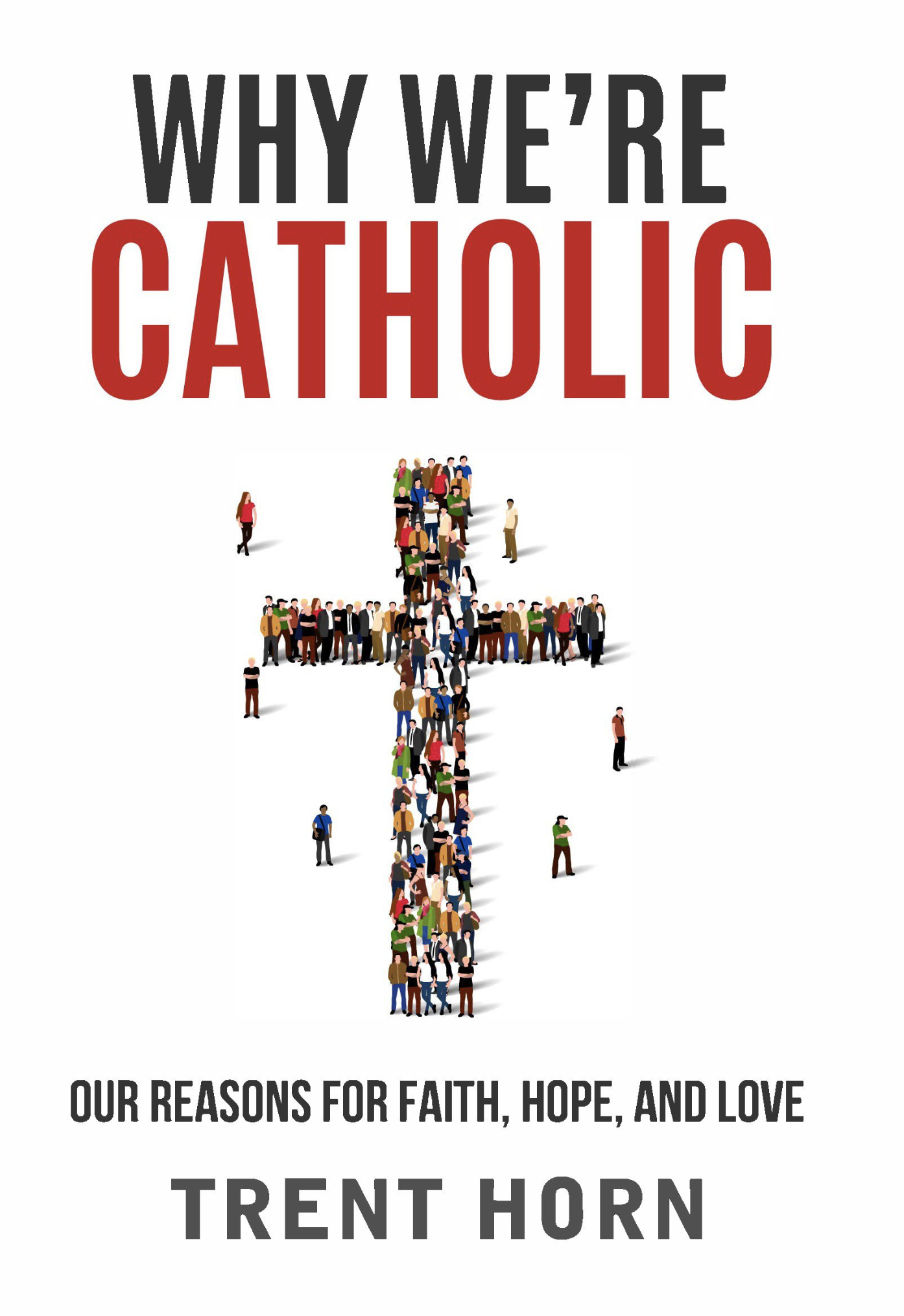
When I tell most people I’m a Catholic apologist they often think I’m someone who always says he’s sorry for being Catholic. However, there are two groups of people who usually know immediately what an apologist is: Christians who have spent time learning how to defend their faith (or have studied apologetics), and atheists who engage Christians in debate about their Faith.
Some atheists refer to “apologists” with a sneering attitude of sorts. One post in an atheist forum describes Christian apologists this way: “I have been listening to various apologists for a good while. Many of them are obviously very intelligent and accomplished . . . At some point in discussions they start sounding like lawyers who ‘mind melded’ with used car salesmen.”
Anyone who defends what they believe is an apologist, which includes atheists who give arguments in defense of claims like, “there is no evidence God exists” or “religions are merely man-made constructs.” There is a potential for a defender of any worldview, be he an atheist, Christian, Muslim, Hindu, or anything else, to be dishonest. That’s why I understand part of this resistance to Christian apologists.
Dialogue rather than debate
There’s a concern that the person you’re speaking with sees you as a “mark” or “target” and will say anything (and gloss over any difficulty) to bring you into the fold. I dealt with it first hand when I was sitting in a booth at a restaurant in San Diego waiting for the religious equivalent of a “blind date” to begin.
A few weeks earlier, some Catholic friends of mine asked me to meet with their son while he was home from college. They wanted me to speak to him because he told his parents he wasn’t going to church with them anymore because he was now an atheist. They asked me, “Can you help him see he needs to start going back to church? Can you help him get over all this atheist stuff?”
Then their son, who I’ll call Vincent, walked through the door. I raised my hand and he did his best to manage half a smile before he sat down. “How’s it going?” he asked.
“Good, I’m Trent.”
“Yeah, I know.”
I didn’t expect this to go very well and, to be frank, I understood his lack of enthusiasm about having lunch with me. That’s why I decided just to be honest with him.
“You think I’m here to talk you into being Catholic again?”
“Sure, it’s why my parents kept asking me to see you,” he said.
“Look, I don’t think there’s anything I can say that’s going to make you change what you believe. I just think you should believe in something because you think it’s true, not just because it’s convenient for you. Does that make sense?”
He nodded in agreement.
“How about this. Why don’t you just tell me why you’re an atheist.”
“I know you wrote a book on atheism, so I’m not going to debate you,” he shot back.
“I don’t feel like debating anybody over a plate of mozzarella sticks,” I responded. “I just want to find out what you believe, that’s all.”
So for the next twenty minutes I asked him questions. What do you mean by the term “atheist?” What are the best arguments for and against God? What are the worst? What do you think are the good and bad things about the Catholic Church?
By the time our entrees arrived we were having a good discussion. I gently challenged some of his atheistic beliefs but, true to my word, it wasn’t a debate. It was just two guys having a conversation.
As I dipped my quesadilla into some salsa I said to Vincent, “I think I’ve got a good grasp on why you’re an atheist and I actually like talking to people like you. You’ve given this issue a lot of thought, and if I’m wrong about atheism I’d want someone like you to show me what I don’t understand.”
“Thanks,” he said.
“But it’s a two-way street, Vincent. Be honest. If you were wrong about the Catholic Church, would you want someone like me to show you what you were mistaken about?”
He took a sip of his soda while he thought the question over, and finally said, “Yeah, I’d be open to that.”
“Okay, well, I’ve spent a lot of time asking you questions, so now it’s your turn. Why don’t you ask me about what Catholics believe and I’ll tell you why we believe that stuff. You can take my reasons or leave them, but I think your parents will be happy that we at least talked about them.” Vincent agreed and we kept at it for another hour.
As the check came, he said to me, “I appreciate what you said. I’ll definitely think about all of it.”
“And I’ll think about what you said,” I replied. “Remember, it’s a two-way street.”
Truth and happiness
I don’t look at people who’ve left the Catholic Church or who aren’t Catholic as potential “customers.” They’re just people. They have things they love and things they hate. They may differ from me in lots of ways, but they almost certainly have one thing in common with me: they don’t want to be ignorant and they do want to be happy. I became Catholic in high school because, 1) I thought it was true; and 2) finding answers to my deepest questions about existence and purpose made me happy.
It would be selfish for me to keep to myself the peace and joy I receive from being Catholic, so I share this “good news” with others and I hope you will do the same.
This post was adapted from Trent Horn’s latest book Why We’re Catholic from Catholic Answers Press. Visit shop.Catholic.com for Trent’s latest book and other titles.




